Duty-Free Shops
입력 2018.03.26 (15:03)
수정 2018.03.26 (16:52)
읽어주기 기능은 크롬기반의
브라우저에서만 사용하실 수 있습니다.
[Anchor Lead]
It’s been about a year since the Chinese government banned its citizens from visiting South Korea on group tours in apparent retaliation for Seoul’s decision to deploy the U.S. THAAD missile defense system. But even now, amid thawing relations between the two countries, few Chinese tourists are willing to make the trip to South Korea. Duty-free shops have borne the brunt of the diplomatic row between the two nations here. Some have begun turning their eyes toward other markets in a bid to survive.
[Pkg]
This duty free shop that opened at Da Nang Airport in Vietnam last year is run by a Korean company. The staff working at the shop wears traditional Vietnamese attire. One of the sections is dedicated to Korean cosmetic products. In less than a year, the shop posted a surplus in profits.
[Soundbite] Kim Tae-ho (Duty Free Shop Executive) : "Vietnam has well-developed tourism infrastructure, whereas its shopping infrastructure is still lacking. We believe it has unlimited growth potential."
Other Korean businesses have also opened duty free shops at the three major airports of Asia -- Incheon, Hong Kong and Singapore. Their overseas sales goal for this year is one trillion won. Korean duty free shops are increasingly turning their eyes overseas because of plummeting domestic profits. Their sales revenues plunged to about one percent since the number of Chinese customers dwindled as a result of China's retaliation against Korea's decision to deploy the THAAD missile defense system. Rising commission fees stemming from the shops' dependence on Chinese vendors have also contributed to the shops' poor performance. Three duty free shops are to open in downtown areas in the second half of the year. The highly saturated domestic market and growing competition are forcing many duty free shops to seek solutions overseas. With Chinese duty free shops also actively trying to establish their presence abroad, Korean businesses are urging the government to provide diplomatic support to help them stay afloat.
It’s been about a year since the Chinese government banned its citizens from visiting South Korea on group tours in apparent retaliation for Seoul’s decision to deploy the U.S. THAAD missile defense system. But even now, amid thawing relations between the two countries, few Chinese tourists are willing to make the trip to South Korea. Duty-free shops have borne the brunt of the diplomatic row between the two nations here. Some have begun turning their eyes toward other markets in a bid to survive.
[Pkg]
This duty free shop that opened at Da Nang Airport in Vietnam last year is run by a Korean company. The staff working at the shop wears traditional Vietnamese attire. One of the sections is dedicated to Korean cosmetic products. In less than a year, the shop posted a surplus in profits.
[Soundbite] Kim Tae-ho (Duty Free Shop Executive) : "Vietnam has well-developed tourism infrastructure, whereas its shopping infrastructure is still lacking. We believe it has unlimited growth potential."
Other Korean businesses have also opened duty free shops at the three major airports of Asia -- Incheon, Hong Kong and Singapore. Their overseas sales goal for this year is one trillion won. Korean duty free shops are increasingly turning their eyes overseas because of plummeting domestic profits. Their sales revenues plunged to about one percent since the number of Chinese customers dwindled as a result of China's retaliation against Korea's decision to deploy the THAAD missile defense system. Rising commission fees stemming from the shops' dependence on Chinese vendors have also contributed to the shops' poor performance. Three duty free shops are to open in downtown areas in the second half of the year. The highly saturated domestic market and growing competition are forcing many duty free shops to seek solutions overseas. With Chinese duty free shops also actively trying to establish their presence abroad, Korean businesses are urging the government to provide diplomatic support to help them stay afloat.
■ 제보하기
▷ 카카오톡 : 'KBS제보' 검색, 채널 추가
▷ 전화 : 02-781-1234, 4444
▷ 이메일 : kbs1234@kbs.co.kr
▷ 유튜브, 네이버, 카카오에서도 KBS뉴스를 구독해주세요!
- Duty-Free Shops
-
- 입력 2018-03-26 15:09:04
- 수정2018-03-26 16:52:56
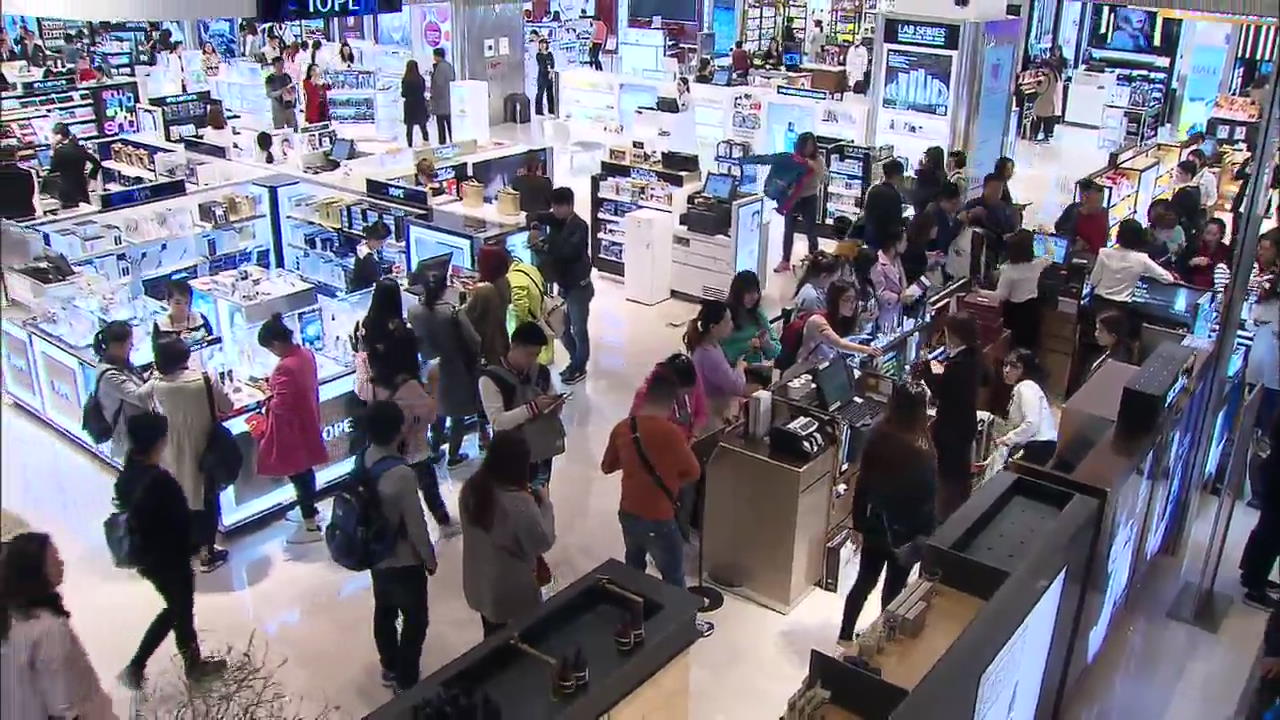
[Anchor Lead]
It’s been about a year since the Chinese government banned its citizens from visiting South Korea on group tours in apparent retaliation for Seoul’s decision to deploy the U.S. THAAD missile defense system. But even now, amid thawing relations between the two countries, few Chinese tourists are willing to make the trip to South Korea. Duty-free shops have borne the brunt of the diplomatic row between the two nations here. Some have begun turning their eyes toward other markets in a bid to survive.
[Pkg]
This duty free shop that opened at Da Nang Airport in Vietnam last year is run by a Korean company. The staff working at the shop wears traditional Vietnamese attire. One of the sections is dedicated to Korean cosmetic products. In less than a year, the shop posted a surplus in profits.
[Soundbite] Kim Tae-ho (Duty Free Shop Executive) : "Vietnam has well-developed tourism infrastructure, whereas its shopping infrastructure is still lacking. We believe it has unlimited growth potential."
Other Korean businesses have also opened duty free shops at the three major airports of Asia -- Incheon, Hong Kong and Singapore. Their overseas sales goal for this year is one trillion won. Korean duty free shops are increasingly turning their eyes overseas because of plummeting domestic profits. Their sales revenues plunged to about one percent since the number of Chinese customers dwindled as a result of China's retaliation against Korea's decision to deploy the THAAD missile defense system. Rising commission fees stemming from the shops' dependence on Chinese vendors have also contributed to the shops' poor performance. Three duty free shops are to open in downtown areas in the second half of the year. The highly saturated domestic market and growing competition are forcing many duty free shops to seek solutions overseas. With Chinese duty free shops also actively trying to establish their presence abroad, Korean businesses are urging the government to provide diplomatic support to help them stay afloat.
It’s been about a year since the Chinese government banned its citizens from visiting South Korea on group tours in apparent retaliation for Seoul’s decision to deploy the U.S. THAAD missile defense system. But even now, amid thawing relations between the two countries, few Chinese tourists are willing to make the trip to South Korea. Duty-free shops have borne the brunt of the diplomatic row between the two nations here. Some have begun turning their eyes toward other markets in a bid to survive.
[Pkg]
This duty free shop that opened at Da Nang Airport in Vietnam last year is run by a Korean company. The staff working at the shop wears traditional Vietnamese attire. One of the sections is dedicated to Korean cosmetic products. In less than a year, the shop posted a surplus in profits.
[Soundbite] Kim Tae-ho (Duty Free Shop Executive) : "Vietnam has well-developed tourism infrastructure, whereas its shopping infrastructure is still lacking. We believe it has unlimited growth potential."
Other Korean businesses have also opened duty free shops at the three major airports of Asia -- Incheon, Hong Kong and Singapore. Their overseas sales goal for this year is one trillion won. Korean duty free shops are increasingly turning their eyes overseas because of plummeting domestic profits. Their sales revenues plunged to about one percent since the number of Chinese customers dwindled as a result of China's retaliation against Korea's decision to deploy the THAAD missile defense system. Rising commission fees stemming from the shops' dependence on Chinese vendors have also contributed to the shops' poor performance. Three duty free shops are to open in downtown areas in the second half of the year. The highly saturated domestic market and growing competition are forcing many duty free shops to seek solutions overseas. With Chinese duty free shops also actively trying to establish their presence abroad, Korean businesses are urging the government to provide diplomatic support to help them stay afloat.
이 기사가 좋으셨다면
-
좋아요
0
-
응원해요
0
-
후속 원해요
0










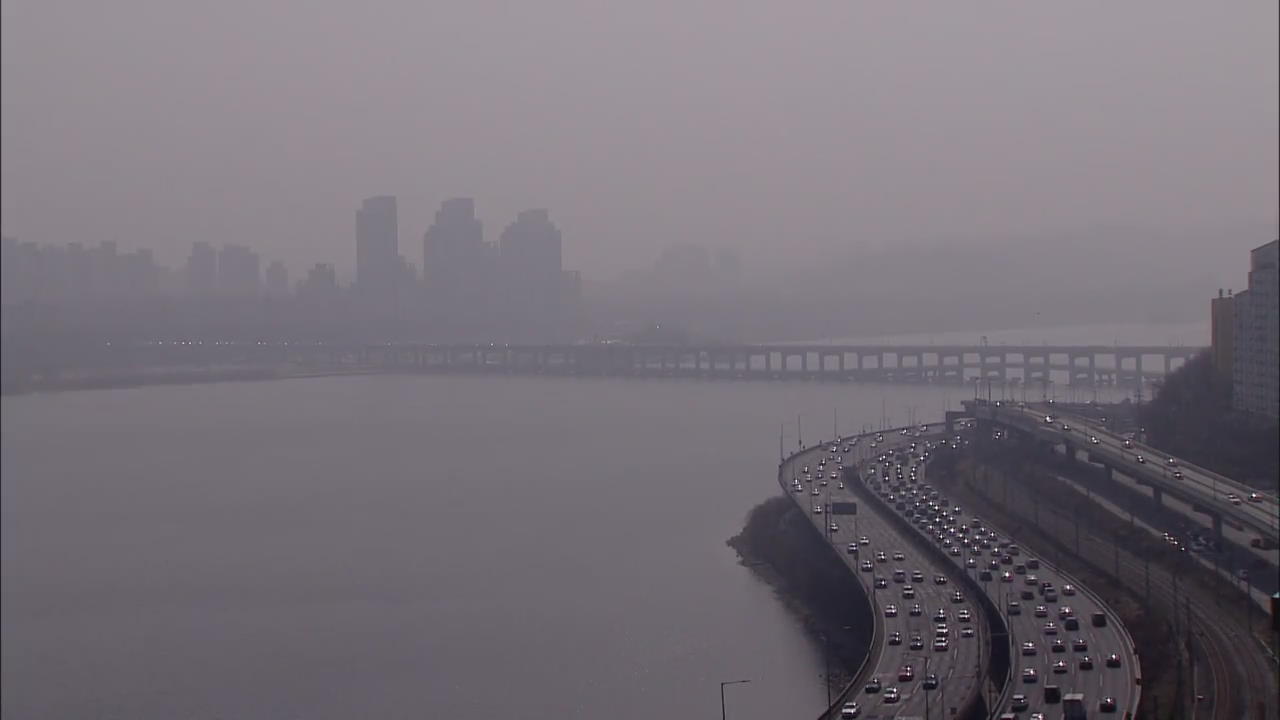
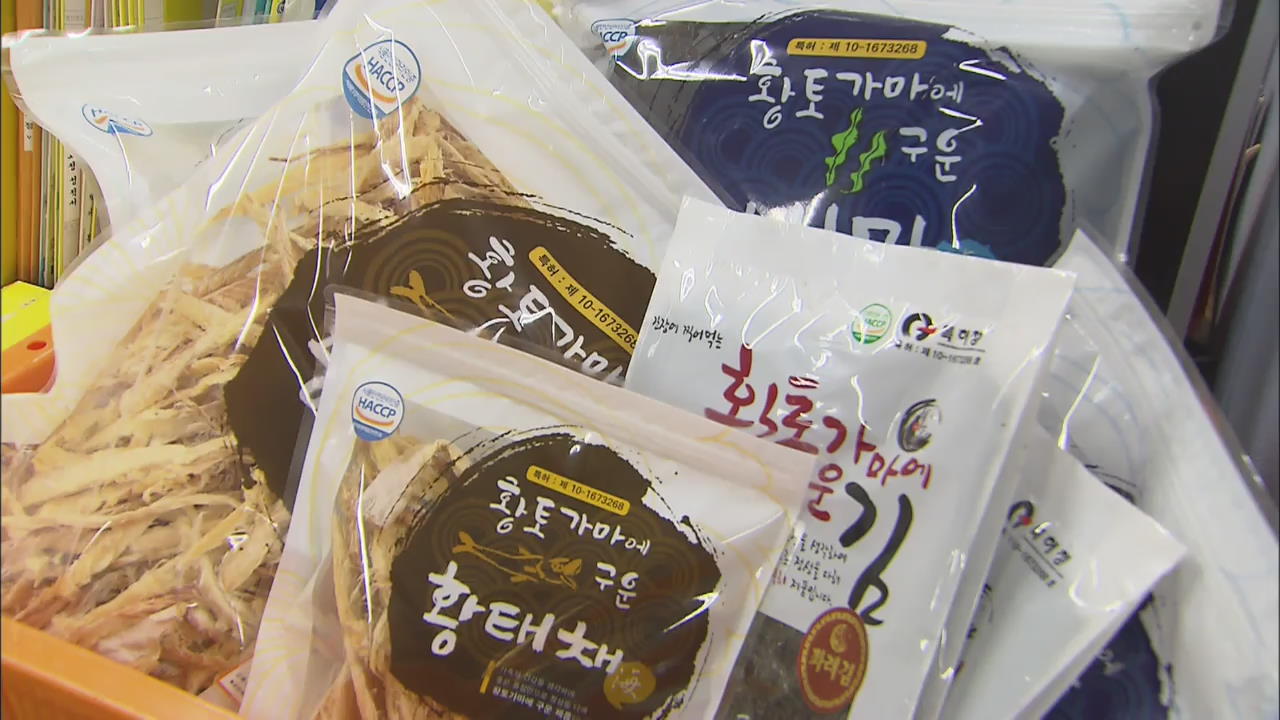
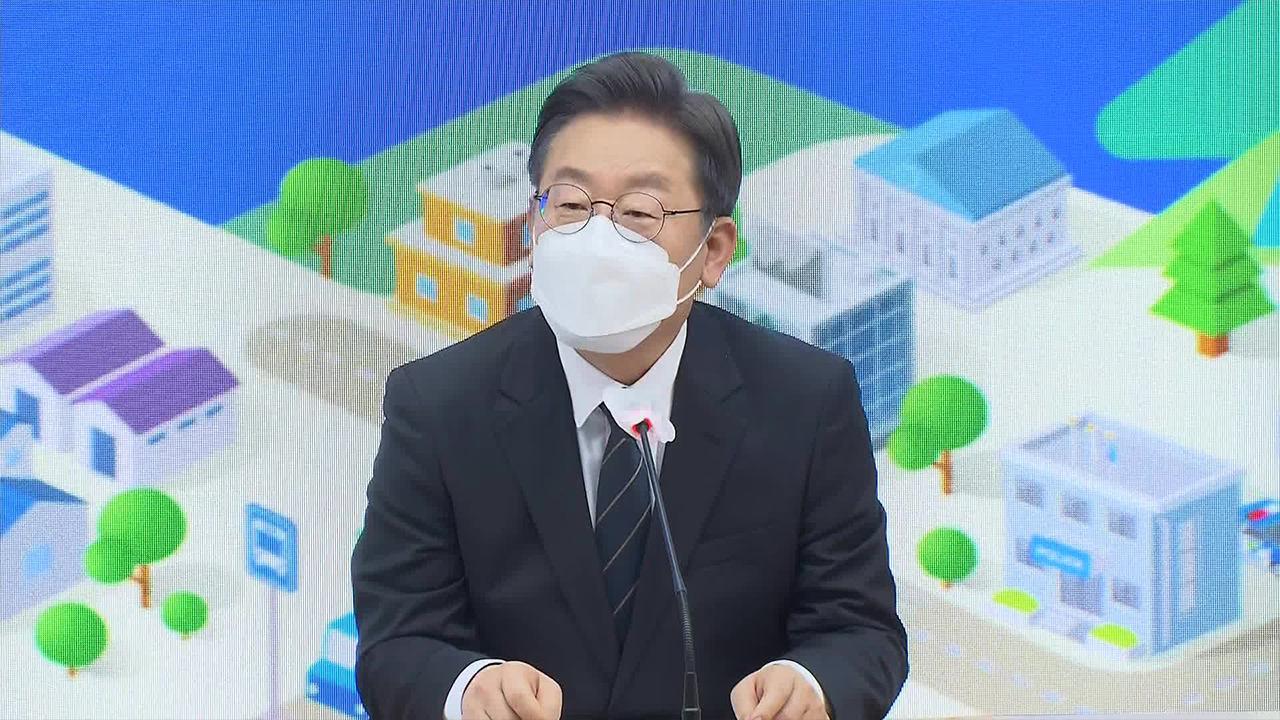
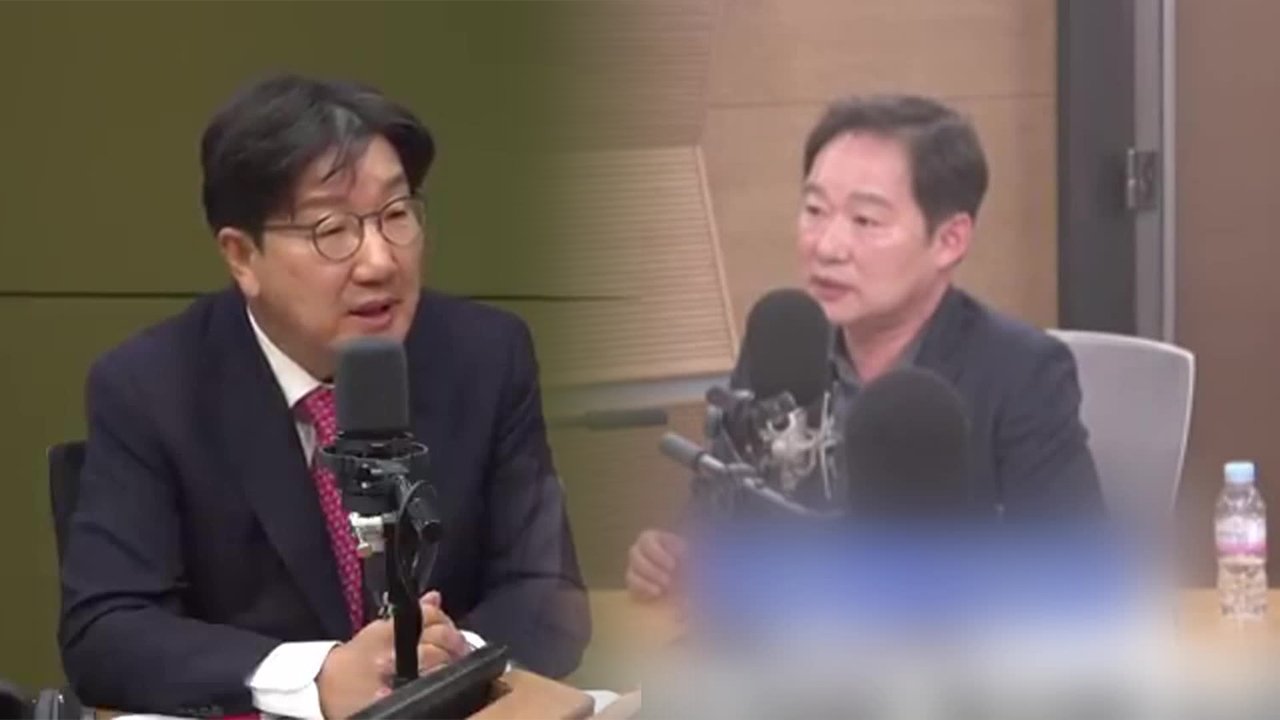
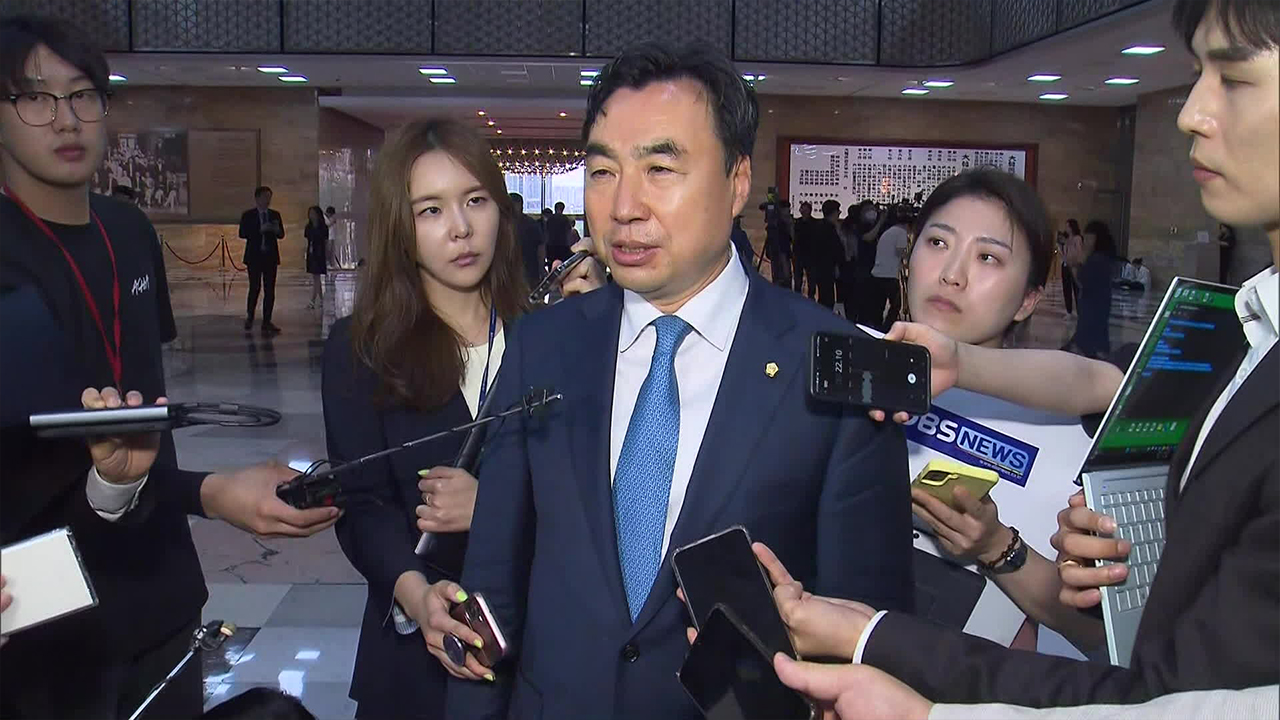


이 기사에 대한 의견을 남겨주세요.